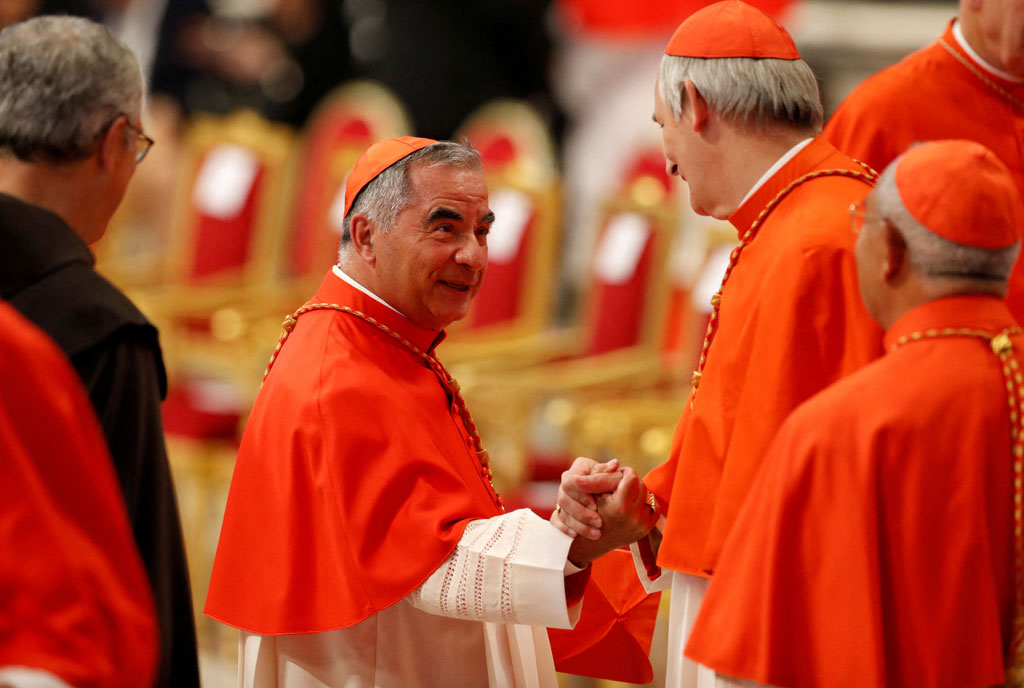Happy Birthday Tanzania: Why we must keep the Union

What you need to know:
- Neither particularly young, nor especially old, age 50 is a good time for Tanzanians to soberly audit the Union, pragmatically take stock of its existence and reflect on the challenges ahead as we celebrate a monumental achievement that has eluded many countries in this part of the world. LONG LIVE TANZANIA!
It is monumental. It is a huge achievement this country could ever have. It proves that the United States of Africa dream our forefathers can be achieved
Dar es Salaam. Tanzania is celebrating its 50th anniversary today following the merger half a century ago of Tanganyika and Zanzibar. It does so with overwhelming support and calls for the Union to be upheld and improved to ensure its survival and prosperity.
Nationally, the Golden Jubilee is being commemorated at the Uhuru Stadium in Dar es Salaam in an exuberant ceremony led by President Jakaya Kikwete, who has been joined by eight heads of state to mark the monumental achievement.
Similar ceremonies to celebrate the Union, which is the pride of the nation and a living example of the power of political unity, are taking place across the country. And as the parties go on and the world eagerly watches, Tanzanians of all walks of life and divergent political leanings proudly agree on one thing: It has been a worthy investment.
Many people say the fact that the noble venture has managed to survive for half a century despite encountering many hurdles, some of them quite thorny, was in itself a feat beyond measure. They nostalgically remember and thank the founders of the Union—Mwalimu Julius Nyerere and Sheikh Abeid Karume—for their visionary decision to join the two countries.
Says housewife Zawia Ngulangwa of Mabibo in Dar es Salaam: “I can’t imagine a life without Tanzania…Think of the ethnicity, civil wars, insurgencies, tribalism, violence, and other strife in the region and compare them with our political stability, social harmony, national unity and religious tolerance...Had it not been for the two leaders, chances are that we could be facing similar ordeals.”
Like all Tanzanians, she wishes the country well and the two parts of the Union another 50 years of peaceful co-existence but fears the current calibre of leaders might end up rocking the Union boat. Ms Ngulangwa told The Citizen on Saturday this week that unlike Mwalimu and Sheikh Karume most of today’s leaders are selfish, power hungry, intolerant, filthy rich, unpatriotic, and corrupt—which does not augur well for the true spirit of the Union.
Taxi driver Godwin Mugisha asks which of the leaders of today could possibly compare themselves with Mwalimu, who was a person of high moral integrity and had national interests at heart.
He says the Union is largely endangered by people who take advantage of their leadership positions to amass wealth, promote nepotism and embrace sycophancy as a means of political survival.
The Union was established in 1964 as Tanganyika and Zanzibar merged to form the United Republic of Tanzania. Dr Francis Michael of the University of Dar es Salaam says its unique two-tier government has weathered all kinds of storms to clock 50 years largely because of a strong foundation built from extensive historical ties between the two partners—including family, cultural and trade and a common language.
As we mark the Golden Jubilee with pomp and fanfare and reflect on the next half century, we must also acknowledge that the 50 years we are celebrating today have not been a smooth ride.
There were threats and misgivings from day one of the Union and they still exist today. As advocate Amedeus Shayo said, it would be a grave mistake to ignore those concerns especially those of the minority Zanzibaris.
“The current debate on the form and structure of the union should be left to the people to decide by a vote as sovereignty resides in the people,” said the Arusha-based legal and political analyst.
In a report last year, the Royal College of Defence Studies warned of the Union “increasingly becoming an unhappy arrangement” because of lack of pragmatism to address its problems. The UK organisation argues that the immediate actions to preserve it should aim at reducing inequalities, highlight Union benefits and marginalise those linking religious politics with separatism.
It recommends a national strategy for maintaining the Union that should focus on sustaining the current two-tier governmental system but adds that “a transfer of further powers to Zanzibar may be required in the future”. That tallies with CCM’s line of thinking. The party says the arrangement is credible and has enabled the Union to blossom.
Those against the prevailing system, notably the major opposition parties, are either for a unitary form of government or a three-tier structure as proposed by the Constitutional Review Commission. For them, the main manifestation of failure of the system CCM roots for was the persistent discontent about the Union that continues to haunt it even today.
“Long live the Union, be it with one government, two, or three, as long as the decision respects the democratic process,” said Prof Richard Mshomba, who teaches economics at La Salle University in the US.
For the nation to mark another 50 years as a united country, says socio-political analyst Erick Mwakibete, ideological sacrifices will have to be made, hard-line positions compromised and alternative views respected by all parties.
For him, the process of writing a new constitution offers the best opportunity to accord Tanzanians an unprecedented chance to determine their destiny.
“Neither particularly young, nor especially old, age 50 is a good time for Tanzanians to soberly audit the Union, pragmatically take stock of its existence and reflect on the challenges ahead as we celebrate a unique achievement in this part of the world,” said a political scientist who asked for anonymity.



